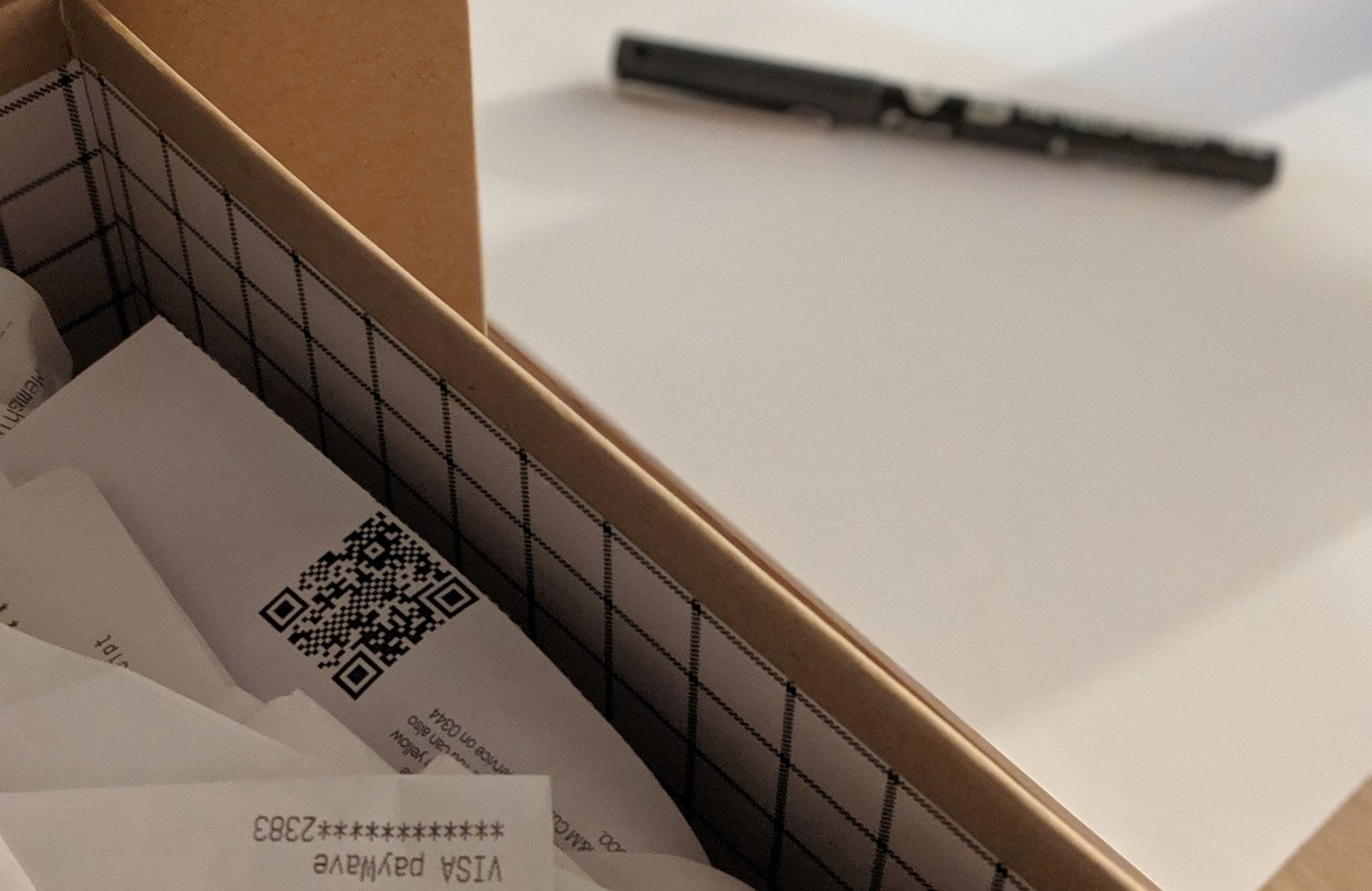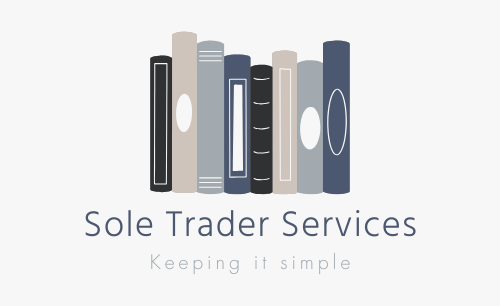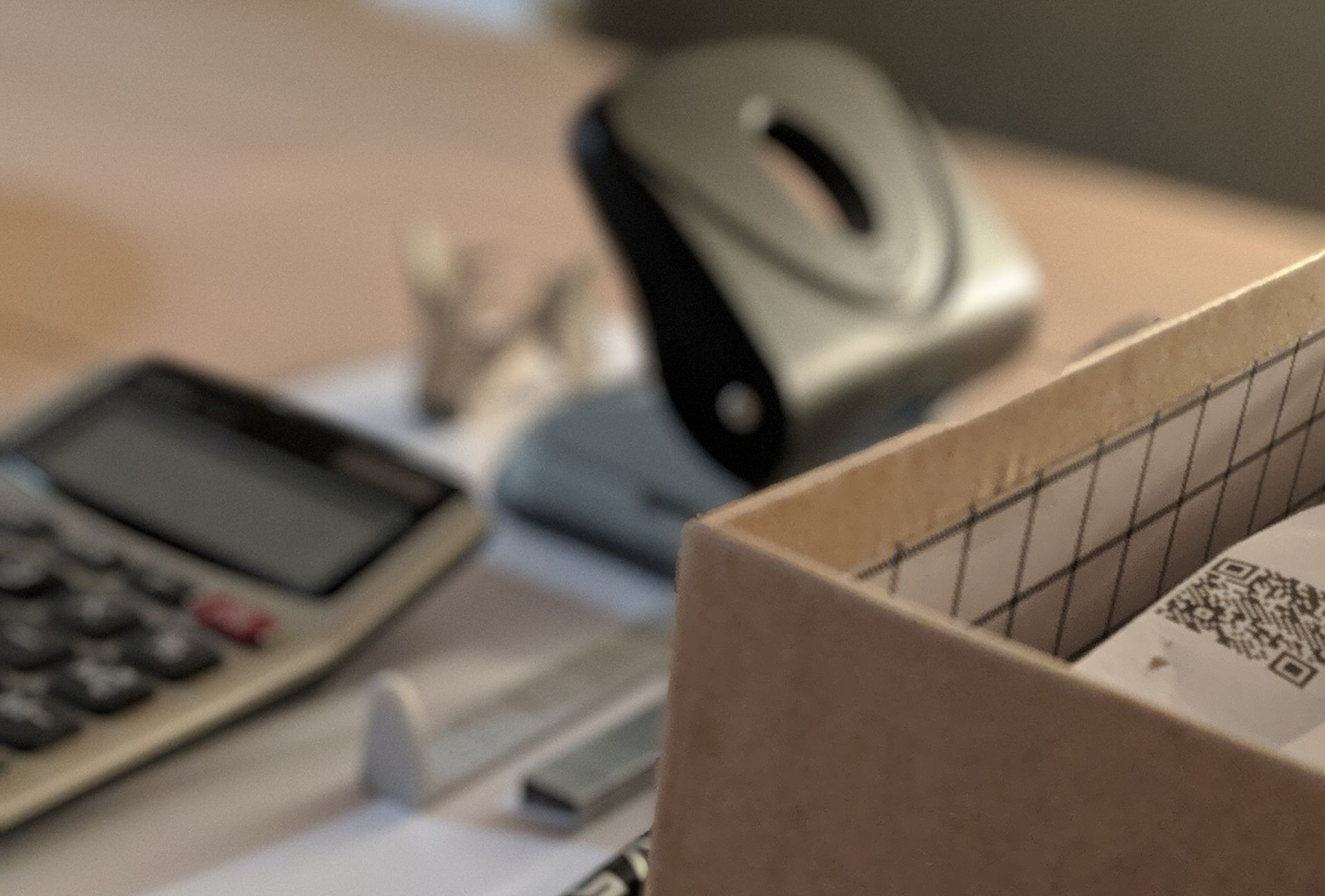Why you don't need to go digital if you earn less than £20,000 a year
If your income is less than £20K a year before expenses, you don't need to go digital, unless you earn over this amount in the 2027-28 tax year
If you are a Sole Trader with a gross income of less than £20,000, you will not be required to switch to the new Making Tax Digital system. This is good news for many of us who operate successfully on a part time or low self employed income for whatever reason. However, we all need to understand what these new rules mean, when they come into play and how best to avoid them instead of being caught by surprise when the time comes.
What is Making Tax Digital?
Making Tax Digital represents the bigest change in financial reporting since HM Revenue and Customs (HMRC) launched Self Assessment returns for the self employed more than 30 years ago.
This big shake-up will require self employed individuals earning certain levels of income to switch from filing their annual returns online using the existing system, to using an accredited digital accounting system such as Quick Books, Xero, Sage and others, from which to send quarterly reports to HMRC and to submit your end of year tax returns.
Who has to go digital?
According to current government statistics on Income Tax Self Assessment (ITSA), around 2.9 million (42 percent) of businesses have a qualifying income over £20,000 and will will need to join Making Tax Digital to complete their returns from 6 April 2028.
As far as I can tell, that leaves 4 million of us (including landlords) who are earning less than £20,000 a year and there is no need for us to pay for the extra time, cost and frustration of going digital because we don't need to.
The problem is that most high street tax services, agency book keepers and accountants will probably discontinue the provision of manual book keeping services by adopting an 'only-digital' approach, leaving you with no option to continue using simple cash accounting and filing returns on line, even if your business sits below the qualifying income level.
What are the qualifying income thresholds and dates?
The requirement to start using Making Tax Digital for ITSA depends on the qualifying income threshold within a tax year as follows:
- Over £50,000 (gross income) for the 2024 to 2025 tax year requires digital from 6 April 2026
- Over £30,000 (gross income) for the 2025 to 2026 tax year requires digital from 6 April 2027
- Over £20,000 (gross income) for the 2026 to 2027 tax year requires digital from 6 April 2028
This means that even if they further reduce the qualifying income threshold below £20,000, we have a few years to go before we may (or may not) have to think about having to go digital as well.

Who doesn't need to go digital?
It is interesting to know that, according to Google, there are currently 4 million Sole Traders in the British Isles earning less than £20,000 a year. If you have survived the last five turbulent years, have been brave enough to start again having lost everything, or have only recently started trading, you have held onto your bid for freedom and I salute you.
I can include myself in this number and we currently account for 60 percent of total private sector self employment across the British Isles. I wonder how many of us are managing well on a low income working towards our own plans for the future and want to remain independent from the system?
With this in mind, there are many worthwhile reasons (and benefits) for being a new, part time or low income Sole Trader:
- Low overheads and able to claim expenses for working from home
- Trusted in the community by local clients reducing the need to advertise
- Freedom to work on what you enjoy - using time and resources available
- Ability to earn extra income from hobbies, specialist knowledge and experience
- Time to work on creative endeavours, commissions and specialist projects
- Being in control of your livelihood and building something worfthwhile for the future
In my situation, I have reduced my living expenses so that I can continue working on long term projects and invest more time in volunteering for the Community Assembly of the British Isles. It means I can invest in the future without needing help from the system. It means not having a car and being a sole traveller who gets to read more and gaze at the scenery while meeting like-minded sovereigns from all over the place.
I am doing things now that I couldn't have imagined a year ago. We don't know what we are capable of until we try something new (or revive something we were once good at). We are often pleasantly surprised when we test ourselves and things keep getting better from there. It's good to find ways to break away from technology, to do things our own way and savour the magic of being our unique and creative selves with energy invested in what really matters to us.
Who is automatically exempt?
You are automatically exempt and cannot sign up for Making Tax Digital if you are:
- Completing a tax return as a trustee, including a charitable trustee or a trustee of non-registered pension schemes
- A person that does not have a National Insurance number — this only applies for a tax year where you do not have a National Insurance number on 31 January before the start of that tax year
- Completing a tax return as a personal representative of someone who has died
- A Lloyd’s member, in relation to your underwriting business
- A non-resident company
If you are automatically exempt, you will not need to apply for an exemption. Note that this includes if you are a trustee and I look forward to sharing ideas on how you can increase your income by trading lawfully in the private over the coming months.

What are the best options for staying non-digital?
The first thing to do is to estimate what your gross income is going to be as at 5th April 2026. This is when the first tier of qualifying income comes into play for those who have earned more than £50,000 (gross) during the 2025-2026 tax year.
If this is the case, the only way you can file your return is by using an accredited digital service so now would be the time to put this in place if it hasn't been done already. The following year the qualifying income level drops to an income of over £30,000 and again in 2028, to an income of over £20,000 in the previous year.
When you know your income is below the threshold, you do not have to go digital but you may be forced to do so by your high street tax agent or accountant. This would be a good time to have a close look at the book keeping system you have in place to make sure you are recording and submitting the correct information.
How can you save costs by staying non-digital?
Non-digital Self Assessments may well be scrutinised more closely to make sure earnings of up to £20,000 and associated expenses can be justified. To avoid any repercussions and to avoid a costly switch to an unecessary digital system, now is the time to get up to speed with the information and work out the best ways to cut down on costs and take control of your records.
Sole Trader Services is here to provide services and share free information that will be helpful. While I can only take on a limited amount of new clients who are looking for one or more of my services and who want to learn how to set up their own system, I may be able to give you the advice you need over the phone so please get in touch to ask any questions and arrange a call.
To understand all the implications of going digital if you do earn over £20K a year, Michelle's very exacting video below will fill you in on the details including the exemptions which I have listed above. It's better to know what is going on and how you can protect yourself from the the extra hassle and expense of signing up to the Making Tax Digital system - now and into the future.
I hope this has been helpful and I look forward to seeing you again soon.
Sue Cartwright AInstAM
Sole Trader Services
New Making Tax Digital Requirements
Michelle Eames of Helpbox UK provides a no-fluff breakdown on what Making Tax Digital (MTD for ITSA) means and who will be caught in the net over the coming years
Further Information (Making Tax Digital)
HM Revenue & Customs (HMRC)
Making Tax Digital for Income Tax - Getting ready for the new way to do tax returns
Making Tax Digital for Income Tax for Sole Traders and Landlords
Find out if you can get an exemption from Making Tax Digital for Income Tax
Making Tax Digital for Income Tax business population statistics: commentary
Join my Mailing List
Helpful reminders, important updates, new posts, website content and resources
If you would like to receive updates relevant to Sole Traders and private enterprises, as well as being the first to know about new content posted on my blog or new ideas, suggestions and guidance added to my How To Directory, you are welcome to join me.
Simply contact me and ask to be added to the list. I will confirm by return and you can be unlisted anytime.
Thank you for sharing and spreading the word




